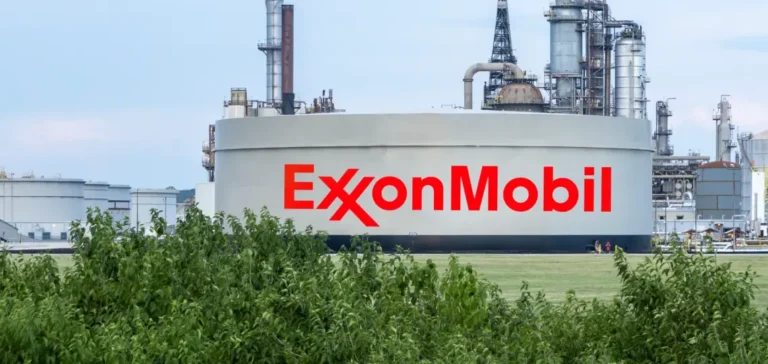ExxonMobil secured the top spot in the ranking of most admired upstream exploration companies, according to the 2025 annual survey conducted by energy consultancy Wood Mackenzie. This recognition was attributed to its long-term performance, particularly in Guyana, where the company has already surpassed 700,000 barrels of oil production per day.
Since 2015, ExxonMobil has discovered over 8 billion barrels of new oil-equivalent resources on a net basis. This achievement positions it as the most successful explorer of the past decade. Its rapid development of the deepwater frontier has been cited as a benchmark by industry professionals.
Sector recognition in Bordeaux
The awards ceremony took place on June 10 alongside Wood Mackenzie’s annual Exploration Summit in Bordeaux. The ranking is based on peer recognition within the sector. The event also highlighted other key players, including Galp Energia, Murphy Oil, and Chinese state company CNOOC.
The “Discovery of the Year” award went to Mopane, a field located in deepwater off the coast of Namibia. Operated by Galp Energia in partnership with Custos Investments and Namcor, the project is estimated to hold around 10 billion barrels of in-place resources.
Notable performance in Asia and China
Murphy Oil was named “Explorer of the Year” for its recent finds offshore Vietnam: Hai Su Vang in 2024 and Lac Da Hong in 2025. Meanwhile, the China National Offshore Oil Corporation (CNOOC) received the “National Oil Company Explorer of the Year” award, having identified more than 7 billion barrels of oil-equivalent resources over the past decade, split between operations in China and its partnership with ExxonMobil in Guyana.
According to Andrew Latham, Vice President of Exploration at Wood Mackenzie, “the most successful companies are those willing to take risks to open new plays and basins that offer greater resource potential.” He noted that while drilling near existing infrastructure still plays a role, these prospects alone are no longer sufficient to meet global demand.
Industry barometer for exploration trends
Wood Mackenzie’s annual exploration survey is regarded as a key industry barometer. It provides a broad view of the challenges and opportunities in exploration, including the commercial appeal of wildcat wells and trends in geological risk-taking.
According to Latham, these companies continue to discover what are considered “advantaged” resources, allowing them to lower supply costs while addressing rising demand. The survey results underscore the central role of exploration in long-term value creation for the energy industry.






















